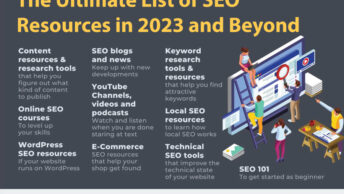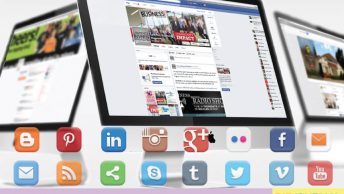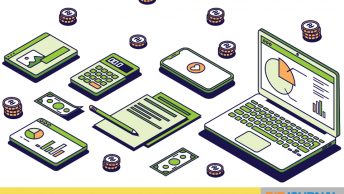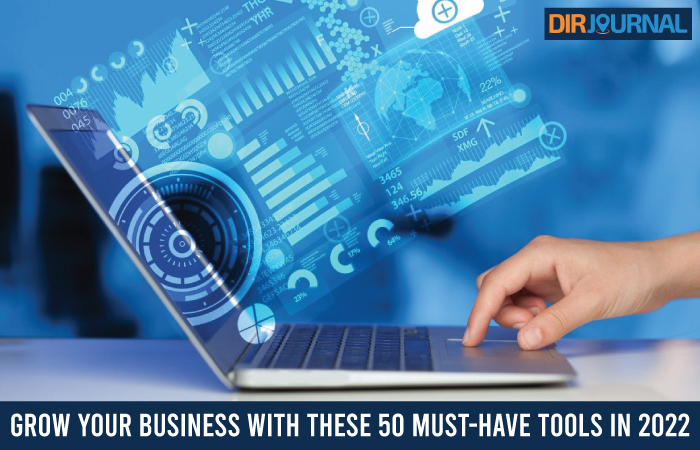
A new concern is facial recognition technology. Apparently high-end stores are using this to identify celebrity customers. Who knows how this new technology could be used against those of us who are not celebrities.
Clearly, allowing your image to be on the Internet has some potential benefits and some rather frightening disadvantages. Let us examine these in more detail to help you decide what is the best choice for you.
Faces Are Powerful
Looking on the bright side first, we should never forget that our face is the most powerful way we can communicate with other people. An interesting collection of powerful faces can be seen in the Pinterest collection of Loretta Fudoli. Although those have been singled out for display, each of us has a face that has its own power.
It is often said that the eyes are a mirror to the the soul. People are extraordinary receptive in reading the signals that we may transmit. That could be something as subtle as the tightening of your jaw or a slight frown. Only by having visual contact can someone else be sure that they are understanding exactly what we have in mind. This is a strong argument for allowing your face to appear on the Internet, but let us not forget the potential hazards.
The Internet Is A Scary Place
Unfortunately, we are all too aware of how the Internet can be a scary place for some individuals. Cyber-bullying has been all too frequent – sometimes with dire consequences. Hopefully the actions now being taken will have a major impact on these dreadful activities. Almost anyone can be affected by similar harassment if they happen to antagonize the wrong person who may even be unknown to them.
An extreme example of this is linked to the recent announcement that Jane Austen is to be the face on the Bank of England £10 note. Caroline Criado-Perez was one of those who had pushed hard to have a woman’s face appear rather than a man’s face which had always been the rule. A man was arrested for directing Twitter murder and rape threats at her. In consequence, Twitter has taken action against such rape threats.
In Britain, hundreds of people are prosecuted every year for Facebook posts, tweets, texts and emails deemed menacing, indecent, offensive or obscene. The problem is that perpetrators of such abuse often assume they can remain anonymous. Unless in some way they show up on any police surveillance software, they may well remain undetected.
These so-called Internet trolls attempt to sow discord by starting arguments or upsetting people, by posting inflammatory, extraneous, or off-topic messages in an online community (such as a forum, chat room, or blog) – either accidentally or with the deliberate intent of provoking readers into an emotional response or otherwise disrupting normal on-topic discussion. What is not clear is why so many young men are turning into internet trolls?
Social media are more sociable with images
It hardly goes without saying that social media will be much more sociable if participants can see each other and know who they are talking to. Perhaps the best source for sound advice is that provided by the Children’s BBC.
If you want to keep up with your face to face friends online and chat to them, make sure you all know what your online names are. Don’t add any ‘friends’ or ‘buddies’ that you don’t recognize. If you’re unsure whether you know someone, wait until you see them face to face.
Google Wants Your Image
If your wish to be sociable with your Facebook friends were not sufficient reason, then Google is putting much more pressure on getting your image. It strongly encourages you to set your Google profile photo, which then helps your friends identify you.
An even stronger argument for doing this is that it may make your own web pages more visible in Google search results. It all relates to establishing your Google Authorship Markup. In some cases it may mean that your image will appear alongside your web page entry in the Google Search Engine Report Page (SERP) for queries related to your web page content.
Google does require your involvement in this way if you are to get the best usage from the various free services they provide such as Gmail. The only proviso here is that they seem to have a somewhat cavalier attitude towards matters of privacy. Google says Gmail users shouldn’t expect privacy and even challenges your definition of the word
To put it bluntly, Google says, “a person has no legitimate expectation of privacy in information he voluntarily turns over to third parties.” It’s Google’s statements found in the brief (to the United States District Court in San Jose, California) that have Consumer Watchdog’s Privacy Project director John M. Simpson so worked up.
Deals Are Made Between People
If you are involved in e-commerce on the Internet then independent of social media or Google, you have an even stronger reason to let potential clients see your face. Customers only make deals with suppliers whom they trust. A big part of that trust is knowing exactly who they are dealing with and knowing that the person involved will do all it takes to ensure their satisfaction. An image is a rapid way of helping that trust develop. Of course a well written profile that describes you and all the activities that are important to you is valuable too. However without an image it will be that much weaker.
Let’s Face It
We can see there are a number of reasons why letting others see your face makes eminent sense.
- People will relate better to you in social media
- Your use of Google’s free software tools will be much more effective
- You may be seen in Google search results thus displaying your authority
- You are more likely to be chosen as the supplier they can trust.
The strength of these reasons means that you are best advised to be visible in a way that helps cement relationships.
The downside is that in the unlikely event that you antagonize someone ‘out there’, then with more information and your image they can more easily retaliate in a damaging way. It could be that it will be difficult to counter whatever they choose to do.
Unfortunately there are no guaranteed ways of countering such attacks. The only consolation is that if you have not done anything to trigger a troll’s attention, with luck they will be attacking someone else rather than you. The best advice is to stay vigilant and make sure that all references to you on the Internet are ones you are happy to see.







Google, Facebook and the government push hard to get you to post current photographs and to connect your cell phone and all of your accounts to one central database. I strongly recommend against doing that.
Many have lived the nightmare of getting data corrected in a database. (Search for identity theft for examples). Most databases are rife with inaccurate or totally wrong data:
Watch a movie like Enemy of the State to understand the position you would be in should incorrect information be created about you. With your image and facial recognition cameras and lists of every contact you have ever made, where would you be safe long enough to clear your name?
Facial recognition is a game changer. While I originally stopped using my face online after the
death threats to blogger Kathy Sierra and others, it is facial recognition cameras that keep me from using it.
I have done business entirely online since I left IBM in 2000. My clients pay me cash in advance via PayPal. I have seen almost none of them in person and they have no access to a photograph. I don’t do video. I only rarely do audio or phone calls, but I do speak with them at times.
You do NOT have to use your photo on line. I don’t – and I find branding my GrowMap logo far more effective than someone trying to pick out my face in a sea of tiny Avatars and remembering it.
That said, there ARE advantages to video and photos and I do miss the freedom of using them online – but not as much as I would miss the freedom to move about occasionally in public and not wondering if some camera is monitoring for me to appear.
To those who think that not doing anything illegal makes them safe, I would say look up The Innocence Project. America locks up more people than any other country – and many of them were only guilty of being at the wrong place at the wrong time.
Although I personally am willing to take the risk of being ‘public’ on the Internet, Gail, I fully appreciate why you and others like you believe in being a little more anonymous. Thank you for expressing your concerns to balance the debate. Hopefully others will be motivated to express which side of the divide they fall.
For woman, I would agree that is better to be safe and probably not have your face appear on too many sites on the web. Women might end up being targeted for one reason or another. But then again, women want to be treated in net activities just as they are in real life and want to have a good and “ordinary” or “normal” experience on the web, if such a thing is possible.
What makes putting your face on the net a bad thing is that Governments and “Big Brother” are better able to track us and follow us and know where we are all the time. There is a lot happening in the world right now about spying and intrusion and invasion of people’s privacy that makes the prospect of “putting ourselves out there” less palatable. If our bosses and employers knew how to find out where we were or what we were doing last night… they might not appreciate us as much, and we already don’t appreciate being constantly monitored.
Sometimes it can be good to just pass ourselves off as bug187 or “Loves_2_Spooge”. It sounds more dorky – but hey… it’s more private! And privacy is not a bad thing, right?
This is such an interesting question, and I think the benefits you mentioned are great reasons to show your face online. Honestly the chances of something bad happening to you online doesn’t come from your photos but rather from your actions.
If you don’t want your photo online, you can use a cartoon version of yourself or other photos to brand yourself online to reap some of these benefits without showing your face. At the same time, however, you’ll miss out on some of these advantages, such as connecting with people on an emotional level. People want to see there’s a real person behind your profile/blog/comments/etc.